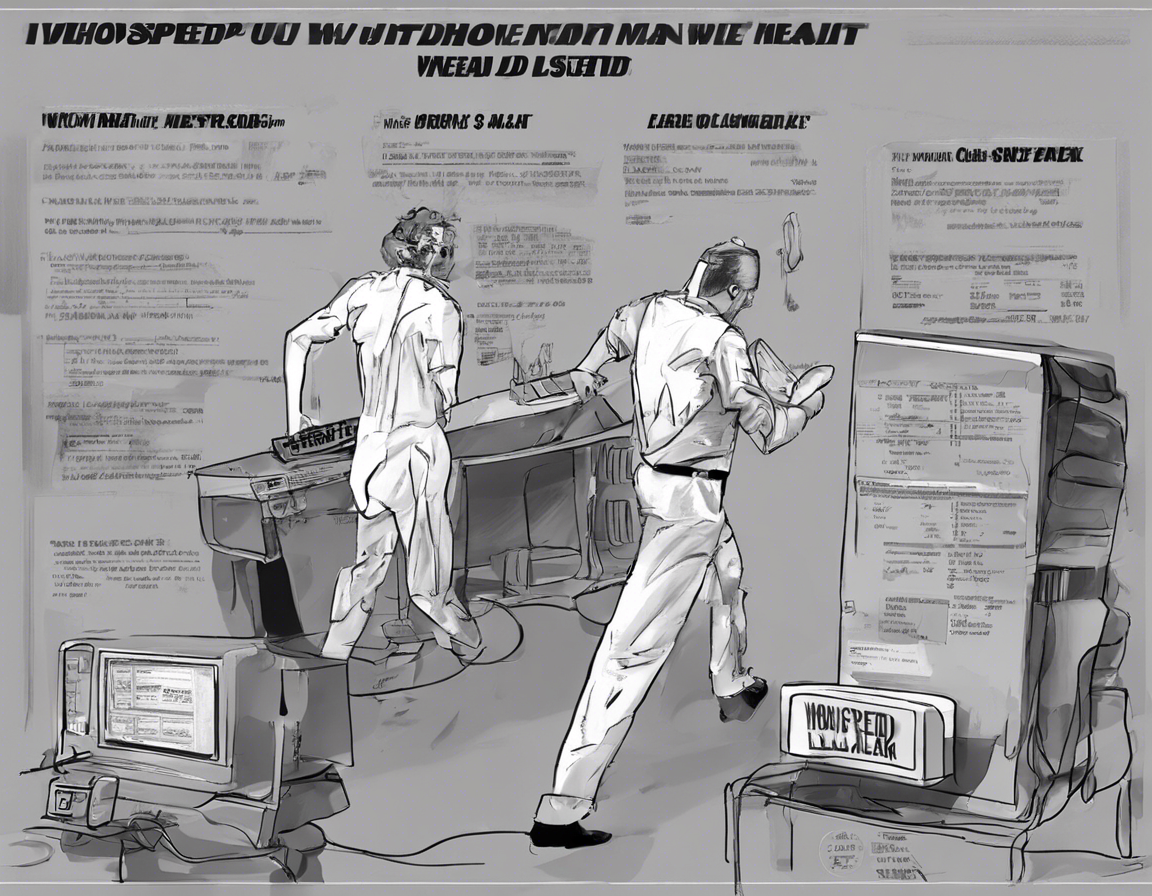
Preventing Meat Leaks: Top Tips for Secure Food Storage
Introduction
As a consumer, safe and secure food storage practices are crucial to maintaining the quality and safety of your food, especially when it comes to storing meat products. Improper storage of meat can lead to contamination, spoilage, and potential health risks. In this article, we will discuss the importance of proper meat storage, provide top tips for secure food storage, and address common questions surrounding this topic.
Why Proper Meat Storage Is Important
Meat is a highly perishable food item that is susceptible to bacterial growth and contamination if not stored correctly. The presence of harmful bacteria such as Salmonella, E. coli, and Listeria can lead to foodborne illnesses if meat is not stored at the right temperature or for the right duration.
Top Tips for Secure Food Storage
1. Use airtight containers: When storing meat in the refrigerator or freezer, it is important to use airtight containers or resealable bags to prevent exposure to air and potential contamination.
2. Label and date: Properly label all meat products with the date of purchase or expiration to ensure you are consuming them within a safe timeframe. This helps prevent consuming spoiled or expired meat.
3. Separate raw and cooked meats: To avoid cross-contamination, always store raw meats separately from cooked meats in the refrigerator or freezer. Use different cutting boards and utensils for raw and cooked meats to prevent the spread of bacteria.
4. Maintain proper temperatures: Store meat in the refrigerator at a temperature below 40°F (4°C) and in the freezer at 0°F (-18°C) to inhibit bacterial growth and maintain food safety.
5. Thaw meat safely: When thawing meat, do so in the refrigerator, under cold running water, or in the microwave. Avoid leaving meat out at room temperature to prevent the growth of harmful bacteria.
6. Store meat on the bottom shelf: To prevent any potential meat leaks from contaminating other foods, store raw meat on the bottom shelf of the refrigerator. This prevents juices from dripping onto ready-to-eat foods below.
7. Consider vacuum sealing: Vacuum sealing meat before storage can help extend its shelf life by reducing exposure to air and moisture. This also helps maintain the flavor and texture of the meat.
8. Regularly clean and sanitize: Clean your refrigerator and freezer regularly to prevent the buildup of bacteria and mold that can contaminate stored meat. Use hot, soapy water to clean surfaces and shelves where meat is stored.
9. Use a meat thermometer: Ensure meat is cooked to the proper internal temperature to kill any harmful bacteria. Use a meat thermometer to accurately measure the internal temperature of meat products.
Frequently Asked Questions (FAQs)
1. How long can you safely store raw meat in the refrigerator?
Raw meat can generally be stored in the refrigerator for 1-2 days before cooking or freezing. Be sure to check the expiration date and follow proper storage guidelines.
2. Can you refreeze meat that has been thawed?
It is safe to refreeze meat that has been thawed in the refrigerator. However, it is important to note that the quality of the meat may degrade after being thawed and refrozen.
3. Is it safe to marinate meat at room temperature?
Marinating meat should always be done in the refrigerator to prevent the growth of bacteria. Avoid marinating meat at room temperature to reduce the risk of contamination.
4. How can you tell if meat has gone bad?
If meat has a foul odor, unusual color, slimy texture, or has been stored past its expiration date, it is likely spoiled and should be discarded. When in doubt, throw it out.
5. Can you store meat in its original packaging?
While it is safe to store meat in its original packaging, it is recommended to transfer meat to airtight containers or resealable bags to prevent exposure to air and potential contamination.
In conclusion, proper meat storage is essential for maintaining food safety and quality. By following these top tips and best practices for secure food storage, you can reduce the risk of contamination, spoilage, and foodborne illnesses. Remember to always prioritize food safety when handling and storing meat products.